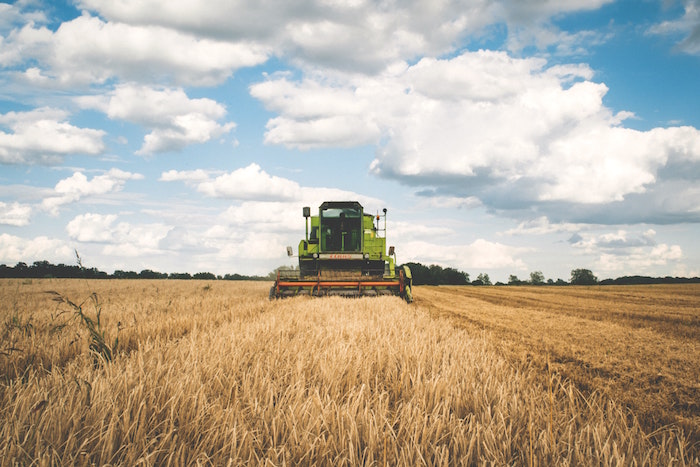The demand for sustainable agriculture is quickly growing, and it won’t be dying down any day soon – especially with climate change as a hot topic of discussion within the industry. So if you want to get into this lucrative market, now is a perfect time. However, it’s not as simple as regular gardening or taking care of the floor. You’ll be working with crops on a much larger scale, and the first year of business is always challenging.
If you’re not sure where to start, you’ve come to the right place. In this article, we’ll discuss the pros and cons of starting a business in sustainable agriculture and how you can get yourself going on the right foot.
What is Sustainable Agriculture?
Sustainable agriculture aims to meet the nutritional and textile needs of the present society without compromising the abilities of future generations. There are three fundamental values that sustainable farmers should keep in mind: social equity, the environment, and the economy.
The objective is to fight the environmental crisis by farming in more sustainable and energy-efficient manners. Industrial agriculture is responsible for a significant percentage of carbon emissions. So if we don’t focus on a green approach, the Earth’s soil and atmosphere may not be viable in the future.
The Pros and Cons of a Sustainable Agriculture Business
The pros of sustainable agriculture are clear. It’s better for reducing air and soil pollution. Plus, it provides farmers with better working conditions than industrial agriculture. Another little-known benefit is the cost savings. Without using harmful fossil fuels, GMOs, and toxic pesticides, the cost of doing business decreases dramatically.
However, there are some downsides to sustainable agriculture that many don’t realize. First, production is limited without industrial technology, so profits may not be as high. In addition, you’ll have to work much harder to produce enough with the land you have. Lastly, without preservatives, the shelf life of your crops will be much shorter.
Seek Advice Within the Community
There’s power in numbers, and the value of community is immense in business culture. So before you get started, you’ll need to network with other farmers in sustainable agriculture. By visiting other farms, you will gain insight into the working conditions. Plus, other farmers will be able to give you valuable advice so that you can learn from their mistakes. In addition, when you network and make meaningful connections, it can sometimes result in new business.
Set Goals for Yourself
Once you’ve got a clear idea of what sustainable farmers go through, you can begin setting manageable goals for yourself. An effective method for achieving these goals is to break them down into minor weekly and monthly targets and analyze them while in an Oyo room. Then, break down those weekly/monthly targets into even smaller steps.
Once you have each step mapped out, you can complete them on a day-to-day basis. This also simplifies when others are involved that you often delegate tasks to. This makes the end-vision more attainable and realistic. Being organized is critical in business building. You must remain disciplined to achieve success. Imposter syndrome may hit, but if you take yourself seriously enough to complete each task, you will make it.
Equipment
Sustainable agriculture requires the use of eco-friendly equipment. So, you’ll want to look for supplies with the lowest carbon emissions. However, you’re still going to need the basics, such as a tractor, energy-efficient watering devices, and self-dumping hoppers to make the job manageable.
Don’t forget about yourself either. Farming is a tough job and you’re going to be working under intense conditions – especially during the hot summer months of harvest. Therefore, you’ll need supplies and equipment that will keep you and your employees comfortable and safe. For example, you should invest in sunscreen, hats, and shade attachments for your vehicles to protect you from the sun’s UV rays.
Write Business and Production Plans
If you want your business to succeed long-term, you’re going to need business and production plans. A business plan details every step you need to take to attain success and any possible roadblocks that may interfere. Additionally, you’ll need to prove you can overcome them because you will likely need to present this business plan to investors. Nobody will expect a profitable return if you can’t prove that you know what you’re doing.
A production plan helps you map out your capabilities in terms of crop production. You’ll need to account for the climate, soil health, water, labor, and realistic quantity you can produce with what you have. So once you’ve got your business and production plans, you must follow them accordingly and track your progress along the way.
Sustainable agriculture can be well worth your time and money if you have what it takes. First, however, you must remain disciplined, manage your time wisely, and follow through with every task needed to reach your goals. Your business will positively snowball if you prove that you’re a valuable asset to the market. But you must put effort into administrative tasks, networking, and marketing to properly establish your authority.

